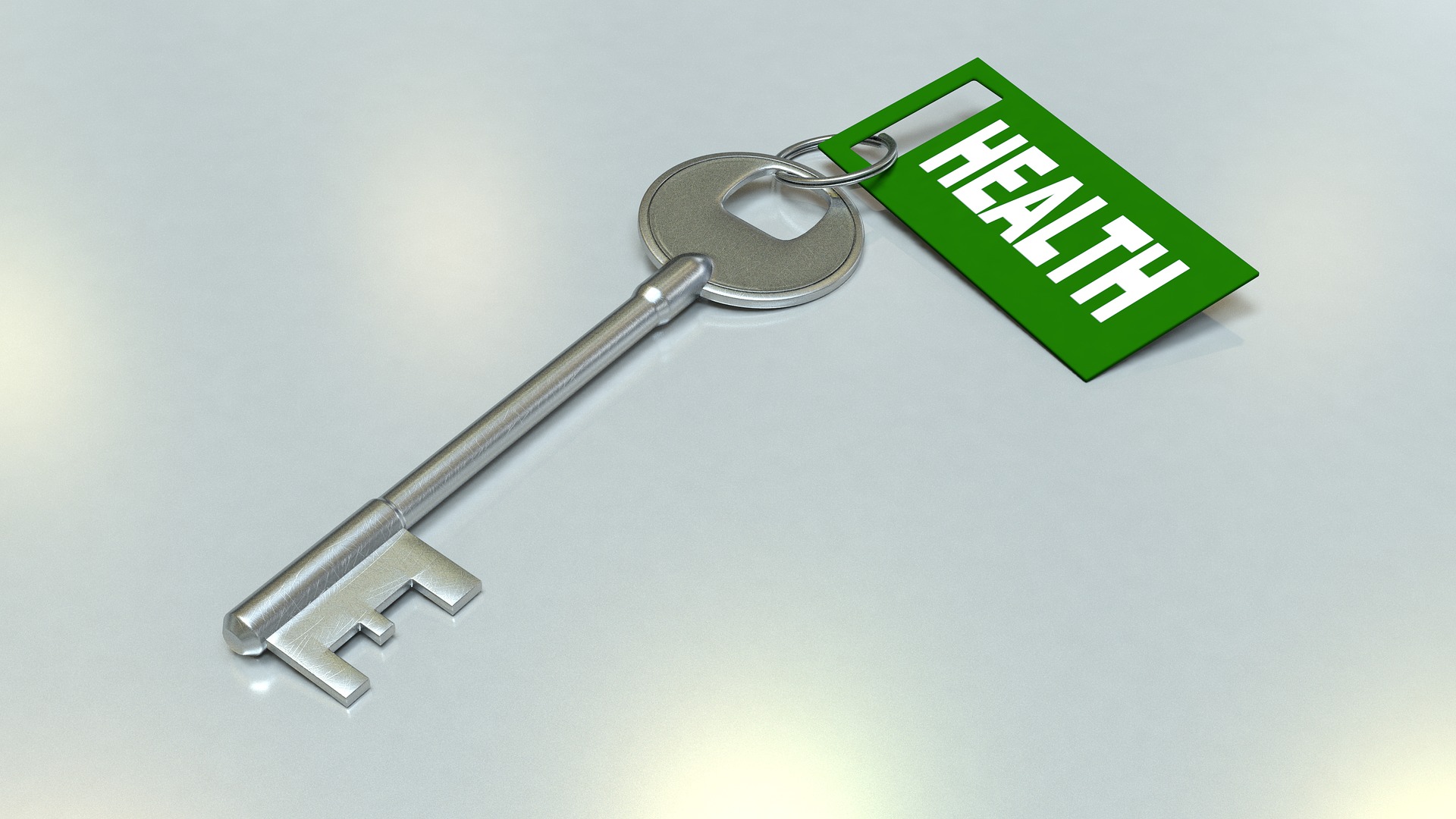
SICKLE CELL AND ANGER
If you suffer from Sickle Cell, then you will sometimes express impatience, short temperateness, snap and also express emotions of anger. I have noticed that when I am having a severe crisis, it is best to be in hospital because my presence is unbearable for my loved ones to see at home; never mind the fact that I am in severe or chronic pain. I have noticed, that I am more impatient, will shout and get short tempered or express emotions of anger. The pain is too much for me to bear and as such, the intensity of my expression of anger can be heightened.
Of course, after my anger outburst, I feel remorse, as most probably, the person I was angry, impatient or even snapped at, was trying to help me….
Over the years, I have had to work on my anger and these guiding principles have helped me. In brief, they are:
1. Anger is not evil
2. We are not mad or bad
3. Anger and stress affect our physical health (and our emotional, mental and spiritual wellbeing)
4. Acceptance of Personal Responsibility
5. There is nothing new
6. Do you want to be right or happy?
7. Personal commitment
8. Positive attitude
9. Mutual respect and acceptance
10. Keep safe
11. Expectations and change
12. Have fun!
http://www.counselling-directory.org.uk
Look out for warning signs
Anger can cause a rush of adrenaline through your body, so before you recognise the emotion you’re feeling you might notice:
- your heart is beating faster
- your breathing is quicker
- your body is becoming tense
- your feet are tapping
- you’re clenching your jaw or fists
Buy yourself time to think
Sometimes when we’re feeling angry, we just need to walk away from the situation for a while. This can give you time to work out what you’re thinking about the situation, decide how you want to react to it and feel more in control. Some ways you can buy yourself time to think are:
- Counting to 10 before you react.
- Going for a short walk – even if it’s just around your local area.
- Talking to a trusted friend who’s not connected to the situation. Expressing your thoughts out loud can help you understand why you’re angry and help calm you down.
http://www.mind.org.uk







